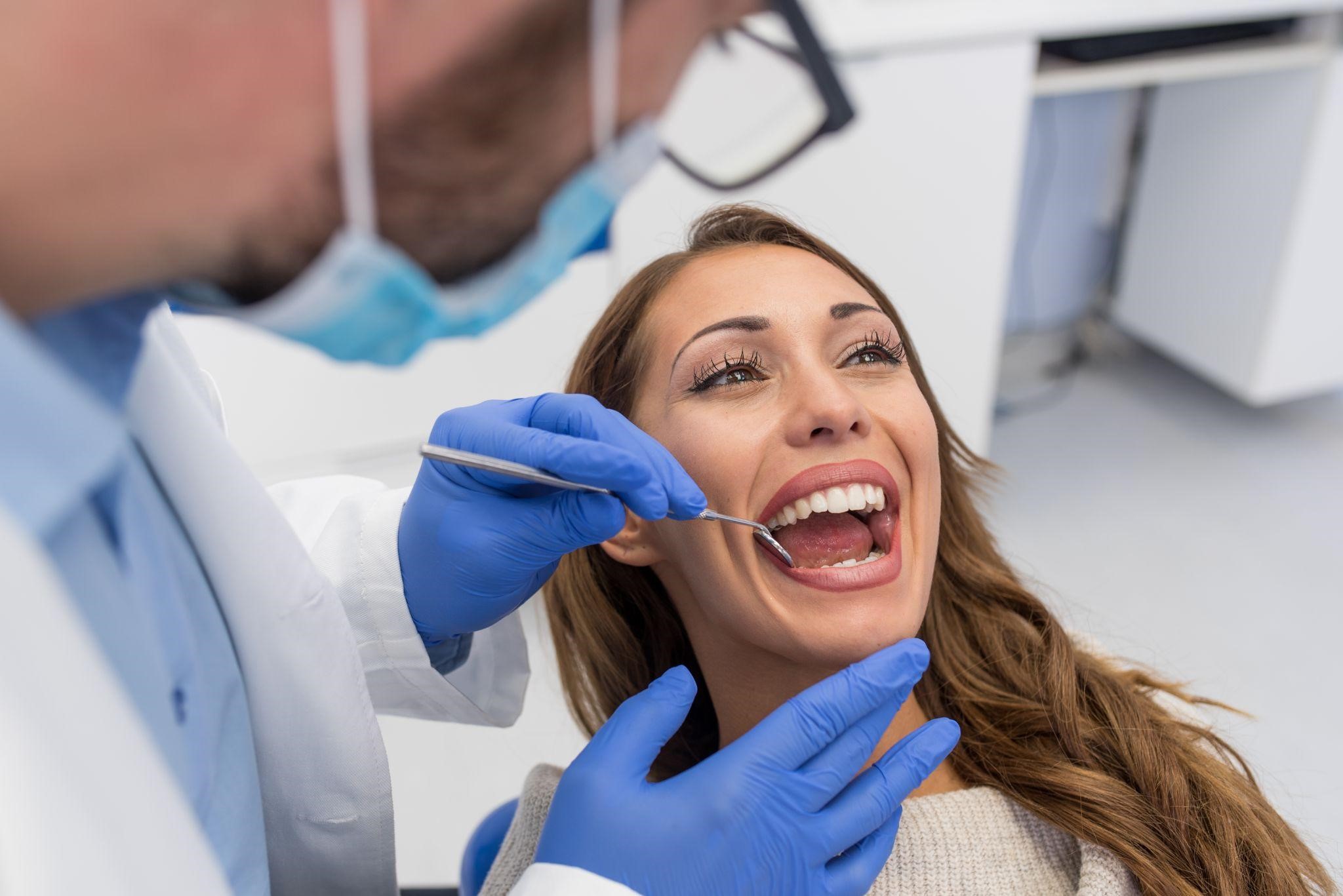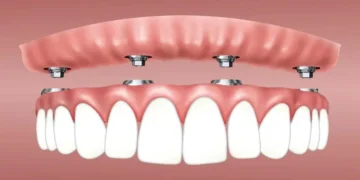What Does It Mean To Have Tender Gums
What does it mean to have tender gums? Is it something to be worried about? There are a couple of reasons why this might happen, and there are a few potential problems that might follow.
Of course, the only way to know for sure whether you are in need of dental services is to pay your dentist a visit. And with all the potential complications, you should know all about tender gums and what having this condition might mean.
What Are Tender Gums?
When you hear the term tender gums, it usually refers to increased sensitivity of the gums. And there are several reasons why this might happen. It is not rare for people to notice that their gums are suddenly sensitive or tender.
They might notice it while eating or brushing their teeth, and if it is an isolated situation, there is nothing to worry about. But those that experience it frequently might have a deeper problem.
What Causes It?
As mentioned earlier, sudden and infrequent sensitivity doesn’t have to mean anything. In the majority of cases, it is caused by hard food or too vigorous brushing. But if the problem continues, it might be a sign of an underlying problem.
But there is also a chance that tenderness is caused by bacteria. And if the condition persists, it can evolve into a more severe condition. Gingivitis is the early stage of gum disease, and it is the moment when the disease starts showing.
The main problem with it is that it is not always obvious. And if left untreated, it can progress into periodontitis. The reason why this is so important is that tender gums are one of the first symptoms of gingivitis, and it is a sign that you might want to visit your dentist.
If the focus is on sensitive gums only, the causes might be brushing your teeth too hard, irritation from acidic foods and drinks, tobacco-based products, irritation from oral appliances, stress, hormonal changes, and so on.
Signs and Symptoms
The sensitivity and tenderness are the first of the symptoms. But others might follow soon. You might notice bleeding gums, bad breath, swelling, and a change in color. It is also possible to experience receding gums since it is a common symptom of gingivitis.
Once the gum line recedes, it will start exposing the roots of your teeth. And it will only increase the sensitivity to temperature changes. Furthermore, having your roots exposed can also lead to cavities, loose teeth, and further damage to your oral health.
While it is possible for the sudden sensitivity to be caused by irritation or teeth brushing, it is always better to avoid the worst-case scenario. And the only way to know with certainty what is happening with your gums is to visit your dentist.
People at Risk
Some people are at higher risk of gum tenderness and gum diseases. Those with poor oral health habits are more likely to have problems with gums and experience similar problems. Other people include those with dry mouths, older people, smokers (and those that use other tobacco-based products), and so on.
It is also worth mentioning that genetics will play an important role in your oral health, and some drugs can affect it as well. If someone in your family had problems with gum disease, there is a chance you are at risk as well.
Prevention
When it comes to oral health, prevention is always the best option. This is why so many dentists talk about regular brushing and the importance of oral health. You need to develop healthy habits and do your best to avoid having any problems.
You need to brush your teeth at least twice per day, floss regularly, and ensure you remove all food particles after eating. Ideally, you would brush your teeth after each meal, but it is not always possible.
Furthermore, having regular checkups at the dentist will ensure your teeth are healthy. And even if something happens, the dentist will be able to spot it before it progresses further. It is always easier to treat the condition as soon as it appears and avoid potential complications.
Treatment Options
The treatment for sensitive gums will be based on the specific problem, as well as other problems that may have appeared. The treatment might include antibiotics, and in some cases, gum grafts.
With the receding gums, it will be necessary to cover the roots and promote healing. And the only way to achieve that is through gum grafting. The process is quite simple, but it will require the surgeon to remove a part from the roof of the mouth and place it on the gums.
If the teeth are affected by cavities, the dentist will need to treat them as well. In some cases, you will need to make changes to your diet and lifestyle. Needless to say, quitting bad habits is always a good idea, and it will allow you to improve your oral health.
What To Do?
The first thing you will need to do is focus on improving your oral health. Work toward improving your oral hygiene, and focusing on prevention. If you already noticed that something is happening, or if your gums are sensitive, the next step would be to visit your dentist.
There is no point in wondering what the cause might be or whether the condition is serious or not. It is simpler to just pay your dentist a visit and learn everything about potential issues. Most importantly, they will be able to start working on a solution that will help you avoid the worst-case scenario.
This is one of many reasons why bi-annual visits to the dentist are recommended. So, don’t waste any more time. Schedule an appointment with your dentist, and focus on improving your oral health as soon as possible.


 Home
Home








